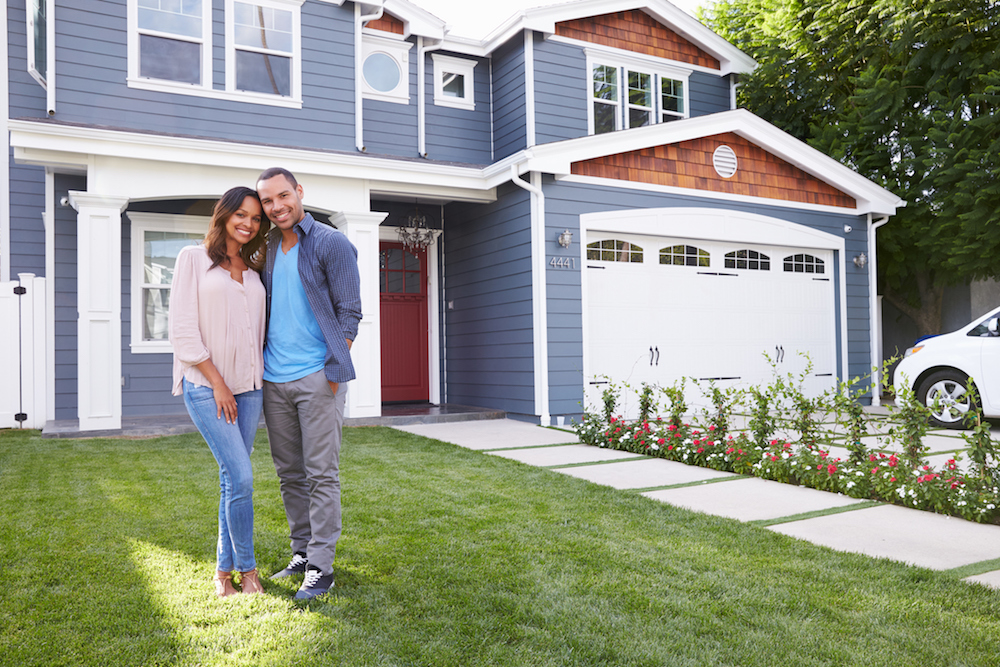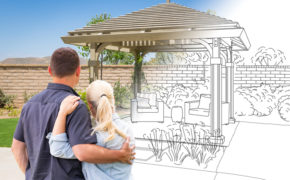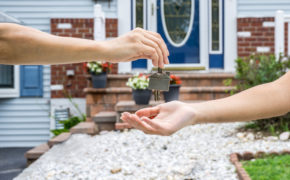Buying A Second Home: 9 Things To Consider Before You Buy
With summer quickly coming to a close, families are squeezing in last-minute trips to their favorite vacation spots before the warm weather subsides and the hustle and bustle of the school year starts. If your summer travels have left you wishing for a vacation home of your own, here are nine things you’ll want to consider before buying a second home:
- How much can you afford? This is probably the number one thought that crosses peoples’ minds as they consider buying a second home, and rightly so. It is a big investment that requires careful planning and consideration. Before you make the decision to buy a second house, spend some time evaluating the costs associated with owning a second home. Look at your budget and calculate your debt-to-income (DTI) ratio. Can you comfortably take on an additional mortgage payment? If you need help determining how much house you can afford, here’s a guide to get you started. You can also use this mortgage calculator to determine the maximum loan amount you can qualify for.
- What kind of down payment will you need? The down payment required for a second home is typically higher. While down payment requirements for primary homes can be as low as 0-5%, down payments for second homes can range from 10-15%.
- Is now the right time to buy? The current housing market presents many opportunities for potential homebuyers. Right now, interest rates are lower than historic averages. However, they won’t stay that way for long. While we can’t predict what mortgage rates will be in next three to five years, we do know that rates are expected to rise. If you’ve given serious thought to buying a second home, now might be the perfect time to buy.
- Where are you looking to buy? Whether you’re looking for a weekend getaway that your family can enjoy year round or an investment property in paradise, location matters. When choosing the location, you’ll want to assess your purchase motivations and consider the long-term benefits. Are you looking for a place to retire in the future? Do you want to move closer to relatives? How far will it be from where you live and work? What are the property values in that area? Answering these questions ahead of time will help you find a place that fits your needs, your budget and your financial plan.
- How much will property taxes be? When you’re looking at vacation homes and evaluating expenses, don’t forget to factor in the cost of property taxes. Homeowners are only able to claim homestead exemptions on one property, which is typically their primary residence. Property taxes on second homes are typically 40% higher than taxes on primary residences.
- What type of home are you looking to buy? When you imagine your dream vacation home, what does it look like? Is it a condo, a lake house, a log cabin or a cottage? Not only will you want to find a home that satisfies your standards and fits your needs, some properties, such as condos, have different financing requirements. This is something you’ll want to take into consideration.
- How will you be using the residence? Will you use the home as a secondary residence that family members can enjoy for generations to come? Do you plan on renting it out? This may change your financial outlook. If you decide to rent the property for additional income, this could give you the financial cushion you need to justify purchasing a second home.
- How much off-season upkeep will be required? While you may not plan on visiting your vacation home every month, you will be responsible for maintaining the property year round. If you plan on using it seasonally, you may need to consider weatherproofing and/or winterizing the property during the offseason. Don’t forget to factor in utilities, home maintenance and insurance costs into your budget.
- Consider the benefits. Look into tax benefits. When approached properly, a second home can be a very useful tool toward retirement planning and building wealth. Before you make the decision to buy a vacation home, consult with your accountant about the potential tax benefits.
While there are some differences in the type of mortgage funding available, the process of buying a second home is similar to purchasing a primary residence. You’ll want to spend time researching your options and evaluating financial factors. When you take the time to analyze your motivations for buying a second home and determine how much you can reasonably afford, you’ll be better prepared to make a sound financial decision.
Do you have a favorite vacation spot? If you decided to buy a second home, where would it be located?










